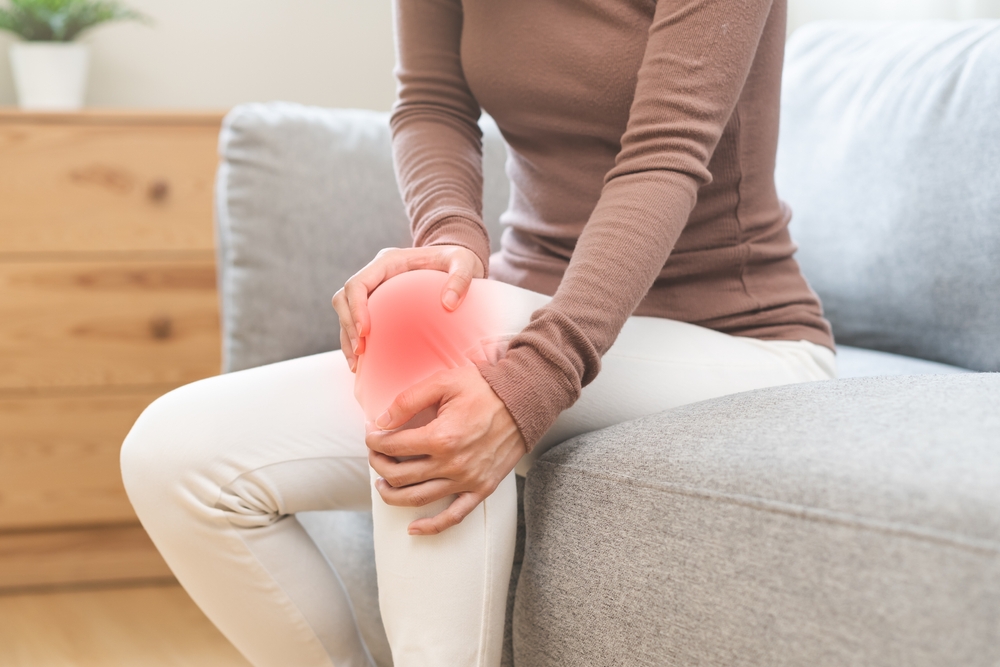When the weather gets colder and the days get shorter, seniors run a higher risk of health problems and weather-related injuries such as frostbite and hypothermia.
Boom Health has put together a list of winter safety tips for seniors.
1. Be aware of black ice. Black ice presents a major risk for car accidents and falls for seniors because it is visually transparent.
2. Dress warmly. It is recommended that when seniors go outside in the winter, they cover all exposed skin. To ensure you are comfortable when you are outside, layer your clothing. This way, if you are too warm, you can take off a piece of clothing without being too cold.
3. Check the weather before going outside. Heavy rain, wind, or snow can be hazardous for seniors in the winter.
4. Prepare for power outages. These can be caused by winter storms. Have flashlights, batteries, and a battery-powered radio readily accessible.
5. Eat a well-balanced diet. Seniors are more vulnerable to illnesses such as a cold or the flu. Good and healthy nutrition helps boost the immune system, which makes someone less likely to become ill. Since many seniors have smaller appetites, eating 5 to 6 meals a day can boost calorie intake and improve overall digestion.
6. Take Vitamin D supplements. Since most seniors spend even less time outdoors in the winter, they don’t create enough Vitamin D from the sun. Alternatively, you could eat more Vitamin D-rich foods such as salmon, egg yolks, oatmeal, and orange juice.
7. Reach out to family and friends. Many seniors have a harder time leaving the house in the winter because getting around can be difficult or even dangerous. There are many apps you can use to stay connected with family and friends even if you can’t see them in person.
The Boom Health app gets you or your loved one the care you need when you need it. Find the app on the App Store or Google Play Store today to get started.
This article is not intended to be a substitute for professional medical advice or diagnosis. Always seek the advice of your physician or other qualified health provider with any questions you may have regarding a medical condition.





